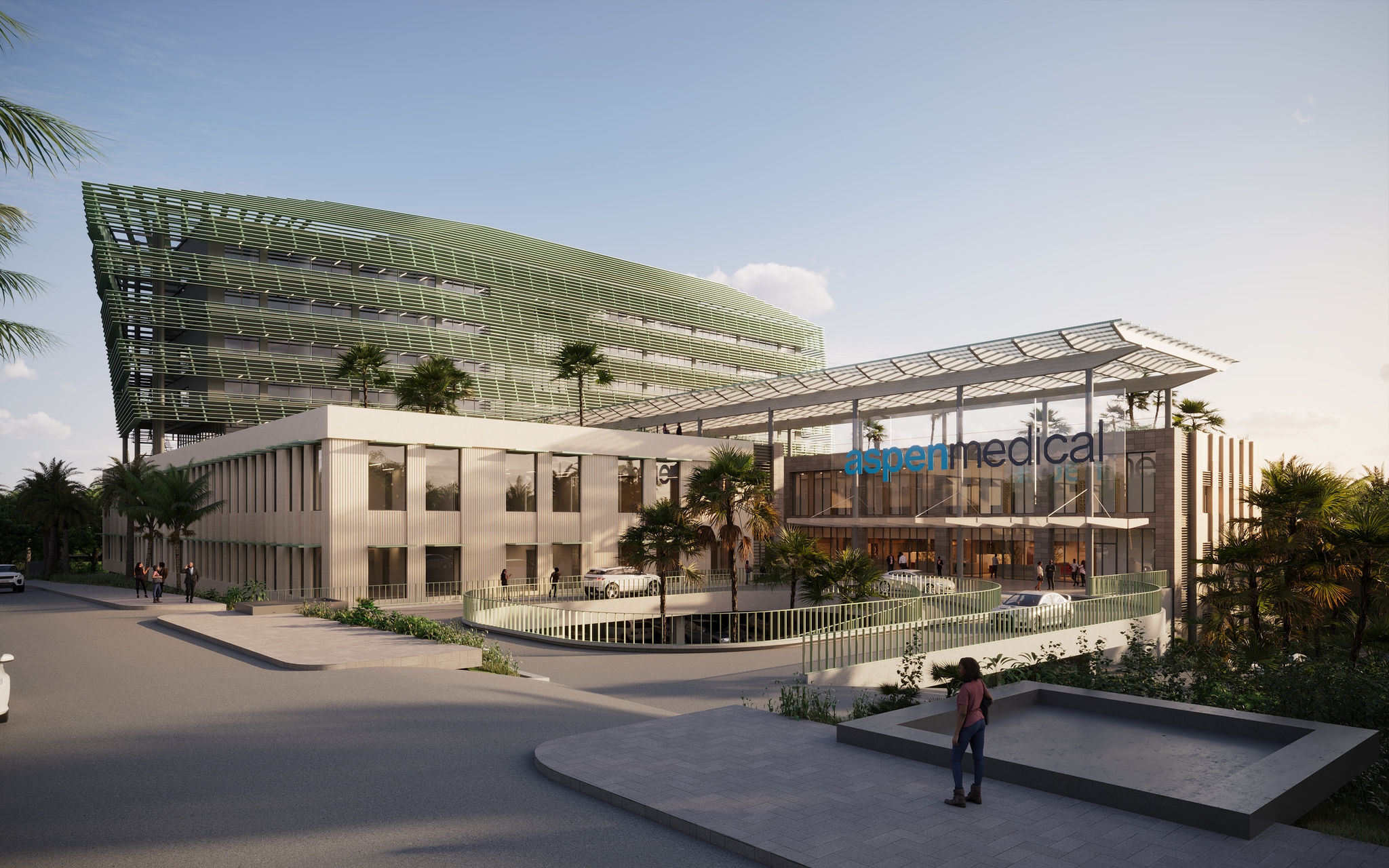The government is now operating in accordance with the Guidance on Caretaker Conventions, pending the outcome of the 2025 federal election.
Founded in Canberra, Aspen Medical is a global healthcare provider. From setting up emergency hospitals in just 72 hours during the fall of Kabul, to rolling out a tuberculosis program in Indonesia, Aspen Medical has been meeting the needs of its clients for over 20 years. It is a wholly veteran-owned company, emphasising its strong commitment to quality and service.
Glenn Keys, Founder and Executive Chair of Aspen Medical, has had a longstanding connection with Southeast Asia. ‘I've been travelling to Southeast Asia and particularly Indonesia since before we started Aspen Medical, 21 years ago,’ Keys says. ‘I find the people engaging, and the dynamism and energy of working up there invigorating.’
As Aspen Medical grew its presence in the Pacific, Americas and the Middle East, the company identified Southeast Asia as the next strategic market for expansion. The plans were in place by 2015, but the onset of the COVID-19 pandemic temporarily halted its progress.
‘We needed to focus on the global COVID fight, and put our growth plans on hold,’ says Keys.
Partnerships lead to opportunities
Aspen Medical’s re-entry into Southeast Asia was marked by strategic partnerships and a focus on collaboration. The company re-established these partnerships and connections, leading to significant opportunities.
These included a major assignment in Indonesia to build and operate 23 hospitals and 650 primary care clinics. One of the flagship projects is in West Java, Indonesia.
‘We’re aiming for this state-of-the-art hospital to be the first green-accredited hospital in the country,’ says Keys.
Find out more about Aspen Medical’s work in Indonesia in this video.
Austrade has been instrumental in facilitating Aspen Medical’s expansion efforts. ‘We have found Austrade to be ready to help, even when they're not on-site,’ says Keys. ‘Austrade’s support has ranged from setting up meetings with key stakeholders, including ministries and local hospitals, to organising events that amplify Aspen Medical's initiatives. They create valuable networks for us.’

Aspen Medical is building a state-of-the-art hospital in West Java, Indonesia.
Addressing Australia’s need for nurses
The expansion has also positively impacted Aspen Medical’s Australian operations. The company has established a pipeline to recruit Indonesian nurses to address Australia’s critical need for healthcare professionals.
‘Indonesia has 480,000 nurses, of which 40,000 speak English,’ says Keys. This initiative not only supports Australia’s healthcare system but also benefits Indonesia by increasing the skill base and revenue through remittances.
Southeast Asia’s growth creates opportunities for Australia
Strong trade and investment relationships with Asia are vital for Australia's economic and strategic interests.
‘Southeast Asia is our neighbourhood,’ says Keys. ‘The growth of the economies in this region is much greater than Australia, with a burgeoning middle class that offers enormous export opportunities for Australian products and services.’
Such relationships enhance mutual prosperity and security, fostering collaboration and development. ‘The economic growth in Southeast Asia is remarkable,’ notes Keys, emphasising the alignment between Australia's expertise and Asia’s rising infrastructure demands.
For businesses eyeing Southeast Asia, Keys advises ‘spending time investigating where you want to start and what you want to do. Travel there, meet people, talk to other Australian companies, and consult with the embassy and Austrade.’
Go further, faster with Austrade
Austrade can help Australian businesses to explore investment opportunities in Southeast Asia.